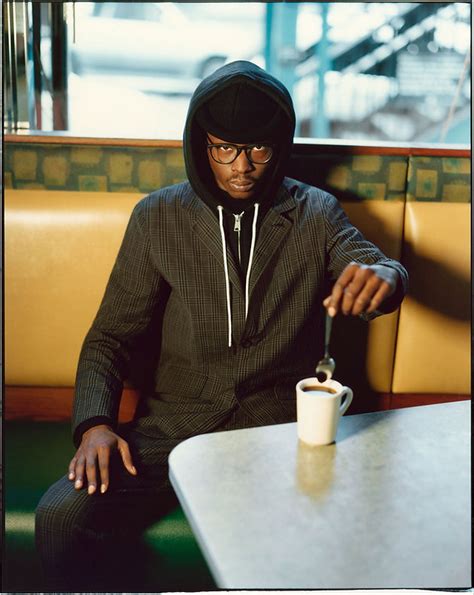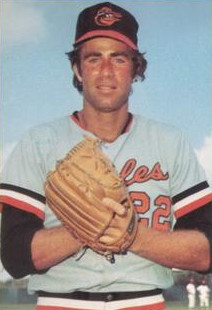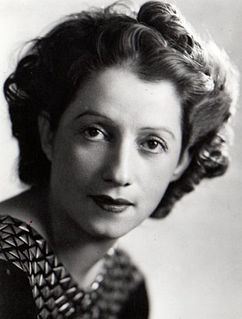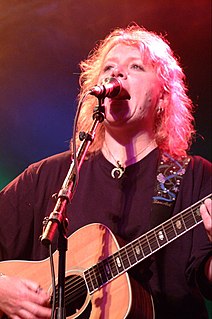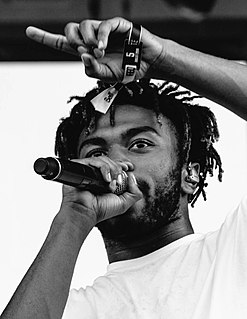A Quote by John Steinbeck
It is possible, even probable, to be told a truth about a place, to accept it, to know it and at the same time not to know anything about it.
Related Quotes
I told him the truth, that I loved him and didn't regret anything about our lives together. But do we ever 'tell the truth, the whole truth, and nothing but the truth, so help me God' as my father used to say, to those we love? Or even to ourselves? Don't even the best and most fortunate of lives hint at other possibilities, at a different kind of sweetness and, yes, bitterness too? Isn't this why we can't help feeling cheated, even when we know we haven't been?
I found that most people don't really want to know the truth. There are plenty of people who want to know the truth on their terms or require that the truth be contained within certain boundaries of comfort. But truth can never be known this way. You have to seek truth from a place of not knowing, and that can be a very threatening place because we think we already know the truth or we are afraid of what the truth might be.
And what made these heart-to-hearts possible--you might even say what made the whole friendship possible during that time--was this understanding we had that anything we told each other during these moments would be treated with careful respect: that we'd honor confidences, and that no matter how much we rowed, we wouldn't use against each other anything we'd talked about during those sessions.
But there’s a reason we recognize Hamlet as a masterpiece: it’s that Shakespeare told us the truth, and people so rarely tell us the truth in this rise and fall here [indicates blackboard]. The truth is, we know so little about life, we don’t really know what the good news is and what the bad news is.
I look sad because I don't have the courage to escape from you. And I think I don't want to understand the truth: for you, I am nothing but a dream. You like to play with life, you're not afraid of anything, not even of me. But I want you to know that I am not an object or a doll: I don't change faces on command, I like to sit down every day in the same place, on my own chair, and I know that you, you like to leave, to go to a new place every day.
The truth that people are missing about certain things, you know when they get fearful and they get hateful, and they repress other peoples, is the greatest truth of all, you know, the truth of love and understanding and clarity about all those issues. And it's like, one day, one day, everybody's gonna know, myself included, over certain things. But, so it's like, it's alright, you know, you hate me now, but that's cool, because I see a better day and I know that there's a higher truth, and you're wrong about hating me because I'm gay.
At least I like to keep it the same. That's why I've got all the same friends. That's why I go back to Leeds as much as possible. I don't know if you know much about England, but Yorkshire is a very sobering place. In the North. It's very gritty. Old mining villages. And people don't really care about celebrities up there. And it's great. And that's why I get back there whenever I can. 'Cause it keeps me very grounded, and it keeps my life very normal, whatever that is.
[Attributing the origin of life to spontaneous generation.] However improbable we regard this event, it will almost certainly happen at least once.... The time... is of the order of two billion years.... Given so much time, the "impossible" becomes possible, the possible probable, and the probable virtually certain. One only has to wait: time itself performs the miracles.




